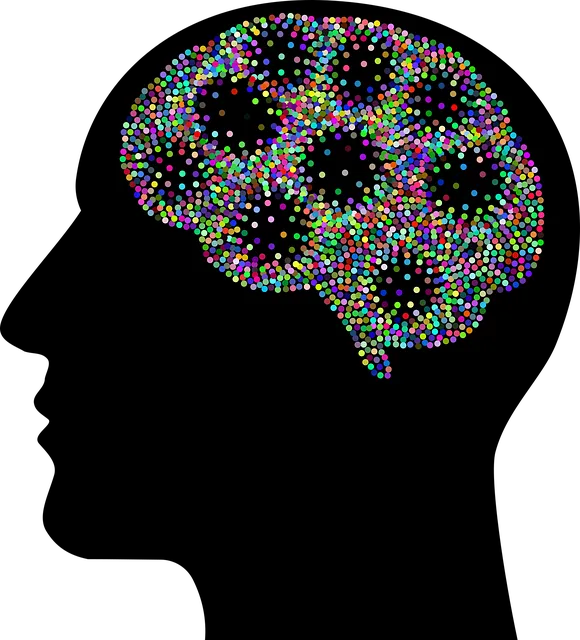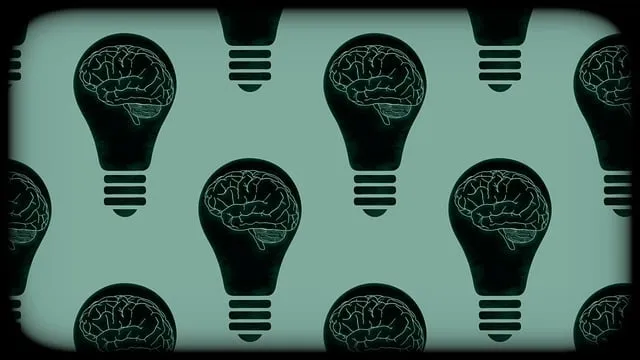The Kaiser Permanente mental health center in Wheat Ridge offers comprehensive social skills training tailored for individuals with anxiety, depression, or social phobias. Through interactive workshops and individualized coaching, patients learn practical communication strategies, emotional regulation techniques, and relationship-building skills to enhance their confidence and well-being. This holistic program equips participants with tools for navigating social situations, reducing stigma, and promoting a sense of belonging in both personal and professional settings.
Social skills training is a powerful tool in supporting individuals with mental health conditions, fostering better relationships and enhancing overall well-being. This article explores the concept, highlighting the unique approach of the Kaiser Permanente Mental Health Center Wheat Ridge, which has gained recognition for its effectiveness. We delve into key components that make these programs successful and discuss the wide-ranging benefits, offering insights into how such training can improve lives in diverse settings.
- Understanding Social Skills Training: Its Role in Mental Health Support
- The Kaiser Permanente Mental Health Center Wheat Ridge Approach
- Key Components of Effective Social Skills Training Programs
- Benefits and Real-World Applications for Individuals with Mental Health Conditions
Understanding Social Skills Training: Its Role in Mental Health Support

Social Skills Training is a crucial component in the holistic support of individuals managing mental health conditions. At Kaiser Permanente mental health centers, like the one in Wheat Ridge, this training goes beyond traditional therapy to focus on the practical development of interpersonal skills. Through interactive workshops and individualized coaching, patients learn to navigate social situations with confidence, improve communication, and foster meaningful connections. This approach is particularly beneficial for those facing challenges such as anxiety, depression, or social phobias, enabling them to reintegrate into their communities and enhance their overall mental wellness.
The role of these training programs extends beyond the clinic walls, equipping individuals with tools to manage daily interactions and maintain healthy relationships. In line with strategies like burnout prevention for healthcare providers and self-care routine development for better mental health, social skills training promotes resilience and a sense of belonging. By understanding and practicing effective communication, individuals can more easily access support networks, improve their quality of life, and even reduce the impact of stigma associated with mental health conditions in social settings.
The Kaiser Permanente Mental Health Center Wheat Ridge Approach

The Kaiser Permanente Mental Health Center in Wheat Ridge takes a holistic approach to treating mental health conditions, emphasizing the importance of social skills training alongside traditional therapy methods. This center believes that fostering effective communication and interpersonal relationships is key to promoting emotional well-being. By incorporating mindfulness meditation techniques into their programs, they help individuals develop a deeper sense of self-awareness and manage stress effectively.
The Wheat Ridge approach focuses on teaching practical skills to enhance social interactions and build confidence. Participants learn strategies to navigate social situations with ease, improve active listening, and assert themselves constructively. These emotional well-being promotion techniques are tailored to meet the unique needs of each individual, ensuring they develop a strong support network and improve their overall mental health.
Key Components of Effective Social Skills Training Programs

Effective social skills training programs for mental health conditions should include several key components to ensure positive outcomes. At the Kaiser Permanente mental health center in Wheat Ridge, these programs often focus on teaching individuals practical communication and interaction strategies tailored to their specific needs. The curriculum typically covers active listening, assertiveness techniques, emotional regulation skills, and role-playing scenarios that simulate real-life social interactions.
Incorporating compassion cultivation practices, stress management techniques, and trauma support services within the training is vital for fostering a safe and supportive learning environment. These elements help participants build resilience, enhance self-awareness, and develop healthy coping mechanisms to navigate challenging social situations with greater ease. The integration of such comprehensive approaches ensures that individuals not only improve their social skills but also cultivate a deeper sense of well-being and belonging.
Benefits and Real-World Applications for Individuals with Mental Health Conditions

Social skills training offers a multitude of benefits for individuals navigating mental health conditions. At the Kaiser Permanente mental health center Wheat Ridge, for instance, such programs have proven effective in enhancing communication and relationship-building abilities. By learning and practicing essential social skills, participants can improve their confidence levels, which is crucial for engaging in everyday interactions and fostering meaningful connections. This boost in self-assurance can significantly contribute to reducing the stigma associated with mental illness, a persistent challenge faced by many in their daily lives.
Moreover, these training sessions equip individuals with tools to manage their moods more effectively. Through role-playing scenarios and group discussions, participants learn to recognize and respond appropriately to emotional triggers, promoting better emotional regulation. Real-world applications of these skills are vast; from navigating social gatherings and maintaining friendships to advocating for oneself in professional settings, the benefits extend far beyond the training room, empowering individuals to lead more fulfilling lives while managing their mental health conditions successfully.
Social skills training, as demonstrated by the innovative programs at the Kaiser Permanente mental health center in Wheat Ridge, is a powerful tool in supporting individuals with mental health conditions. By focusing on key components such as communication, emotional regulation, and social interaction, these programs offer real-world applications that enhance daily functioning and overall well-being. Understanding and implementing effective social skills training can revolutionize support for mental health, fostering more inclusive and supportive communities.






